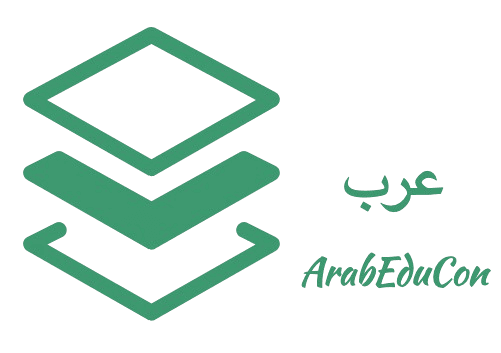Navigating the Global Education Landscape: Tips for Middle Eastern Educators
NA
Understanding Global Education Trends
In today’s interconnected world, education systems are evolving rapidly, influenced by technological advancements, cultural exchanges, and policy reforms. For Middle Eastern educators, staying abreast of these global trends is crucial in providing students with a competitive edge. Understanding these shifts allows educators to adapt curricula and teaching methods that are relevant and forward-thinking.

One significant trend is the emphasis on STEM education—Science, Technology, Engineering, and Mathematics. Globally, these fields are recognized as critical for future job markets. Middle Eastern educators can integrate STEM-focused projects and interdisciplinary approaches to encourage student interest and proficiency in these areas.
Adapting to Technological Innovations
The rise of digital learning tools is transforming classrooms around the world. From interactive whiteboards to virtual reality simulations, technology is reshaping how students engage with educational content. Middle Eastern educators can leverage these innovations to create more engaging and personalized learning experiences. This includes utilizing online platforms for remote learning, which has become increasingly important in light of recent global events.

Moreover, incorporating coding and digital literacy into the curriculum prepares students for a tech-driven future. Educators should consider professional development opportunities to familiarize themselves with the latest educational technologies and best practices for implementation.
Cultural Exchange and Global Competence
Fostering global competence is another key aspect of modern education. As students in the Middle East prepare to enter a globalized workforce, understanding and appreciating cultural diversity becomes essential. Educators can facilitate cultural exchanges through partnerships with schools in other countries or by incorporating global perspectives into their lessons.
Language education also plays a crucial role in this effort. Encouraging bilingualism or multilingualism not only enhances cognitive skills but also broadens students’ horizons. English remains a dominant language in international business and academia, so strengthening English language programs can be beneficial.

Implementing Inclusive Education Practices
Inclusive education practices ensure that all students, regardless of their background or abilities, have access to quality education. Middle Eastern educators are increasingly focusing on creating inclusive classrooms that cater to diverse learning needs. This involves training teachers to recognize different learning styles and adapting teaching methods accordingly.
Furthermore, implementing policies that support students with disabilities or learning challenges helps cultivate an equitable educational environment. Collaborating with specialists and utilizing adaptive technologies can aid in addressing specific student needs effectively.
Building International Partnerships
Establishing partnerships with educational institutions worldwide can offer Middle Eastern educators valuable insights and resources. These collaborations can facilitate knowledge exchanges, joint research projects, and student exchanges, enriching the educational experience for both educators and students.

Such partnerships also provide opportunities for benchmarking against international standards and practices, ensuring that Middle Eastern education systems remain competitive on the global stage.
In conclusion, navigating the global education landscape requires a proactive approach from Middle Eastern educators. By staying informed about global trends, embracing technology, fostering cultural competence, implementing inclusive practices, and building international partnerships, educators can equip their students with the skills necessary for success in an ever-changing world.
